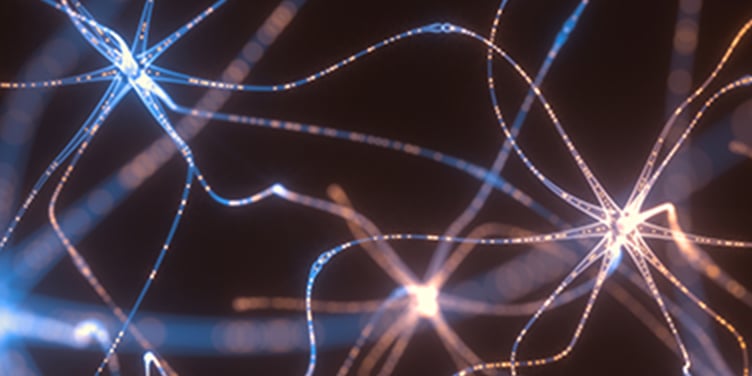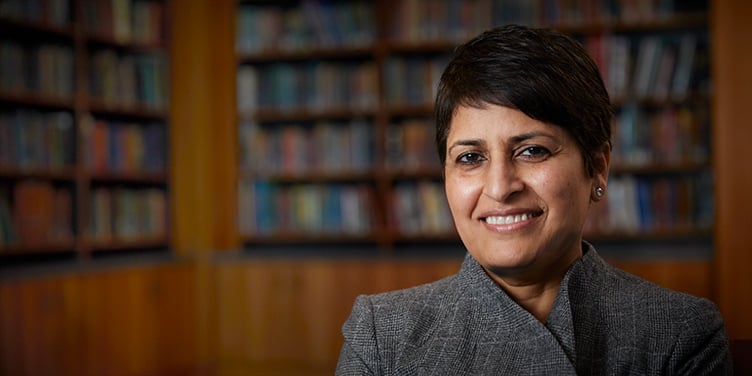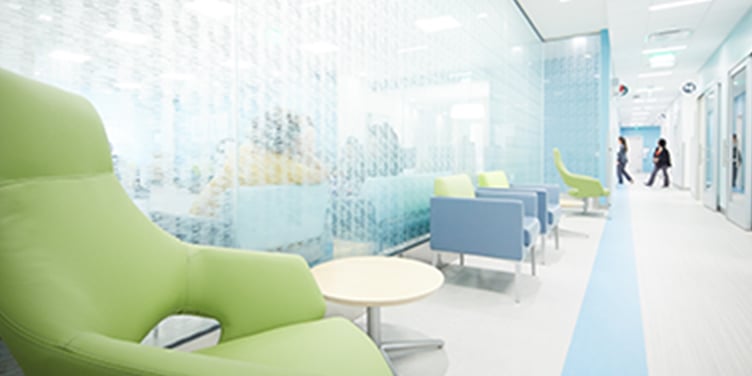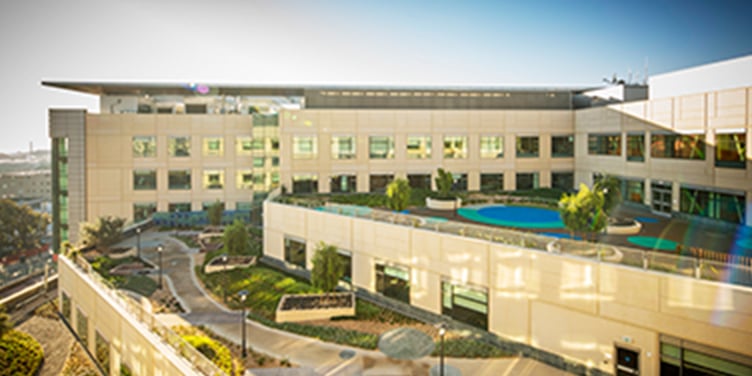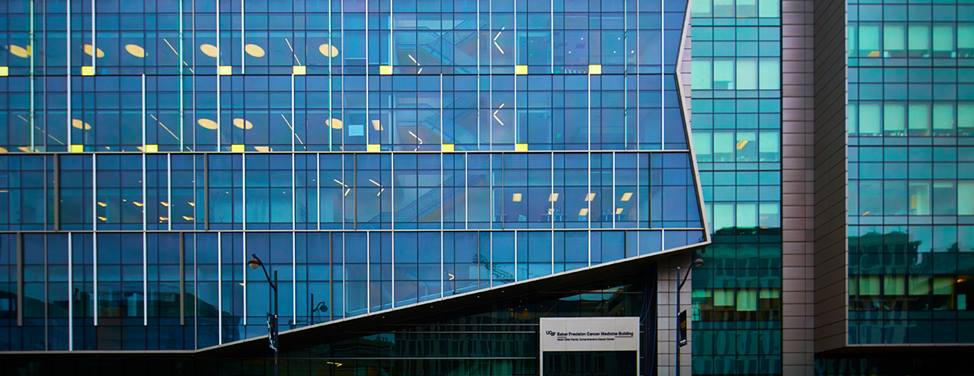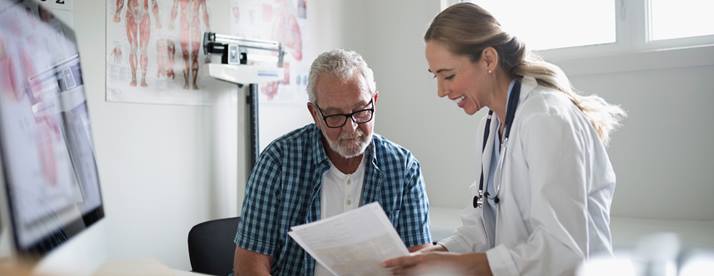The UCSF Lymphedema Program cares for patients with lymphedema, swelling caused by fluid buildup in the body's soft tissues. This includes secondary lymphedema, when the problem is related to cancer treatment, injuries or other events that obstruct lymph flow, as well as primary lymphedema, which may be inherited or the result of conditions present at birth. We are located in the UCSF Breast Care Center.
Lymphedema happens when the lymphatic system is blocked or damaged. It often develops in the days, weeks or years following certain treatments for breast cancer (or another kind of cancer), such as surgical removal of lymph nodes.
Our comprehensive care for lymphedema includes diagnosis and treatment, as well as proactive surveillance for patients at risk of developing the condition. Both adults and children can receive care through our program. For diagnosis, we employ a range of leading-edge technologies, such as lymphoscintigraphy (a specialized imaging technique for the lymph system) and bioimpedance (a method of assessing body tissues using a harmless electrical current).
Our patients have access to a variety of treatment options, including gold-standard surgical techniques, such as lymphovenous bypass to reroute the flow of lymph around damaged nodes. We also use nonsurgical approaches for both prevention and treatment, including compression therapy, exercise and massage.
Because treating lymphedema often requires lifestyle changes, we work closely with colleagues in the UCSF Osher Center for Integrative Health, UCSF Patient and Family Cancer Support Center, Case Management and Social Work, and other in-house support programs.

